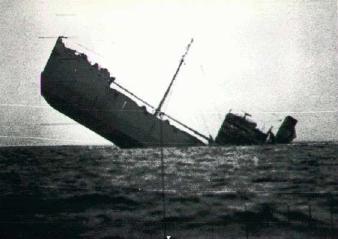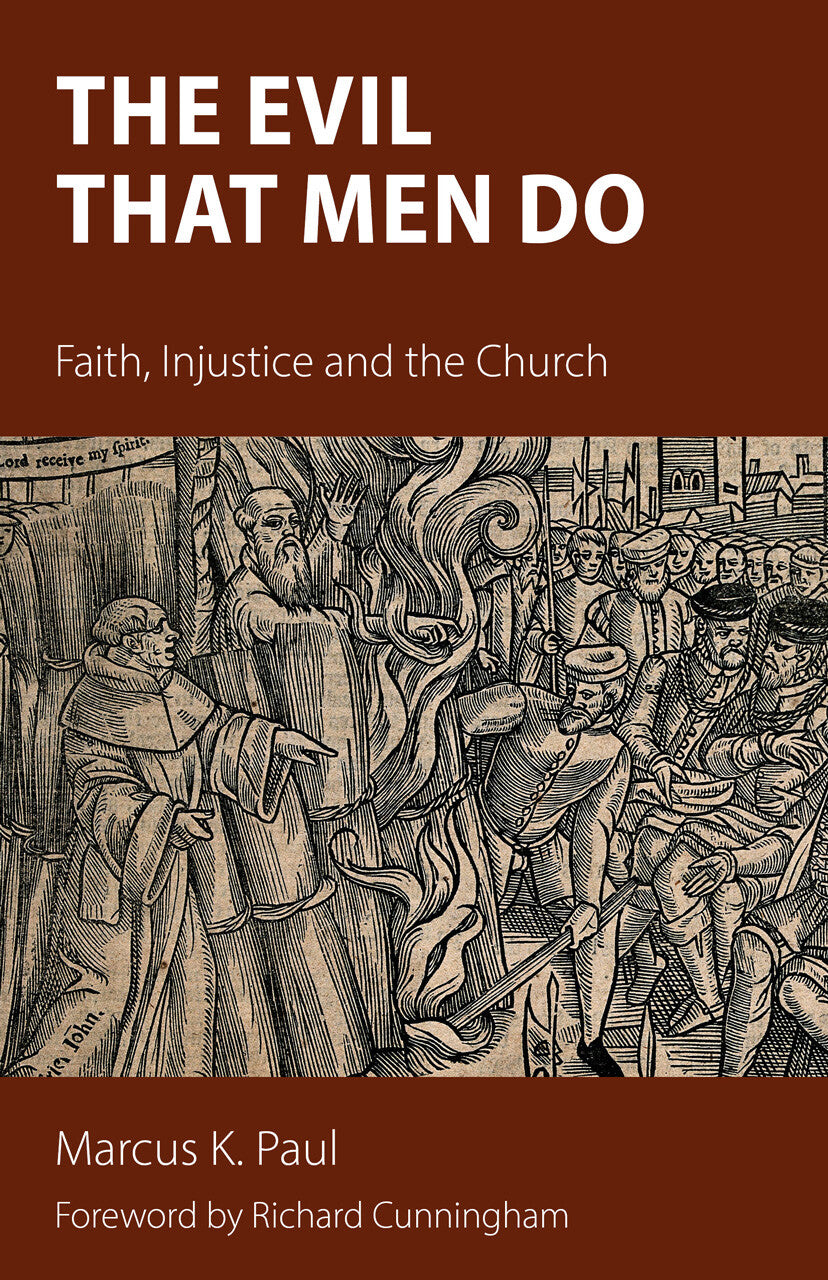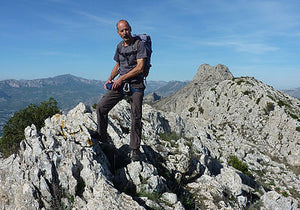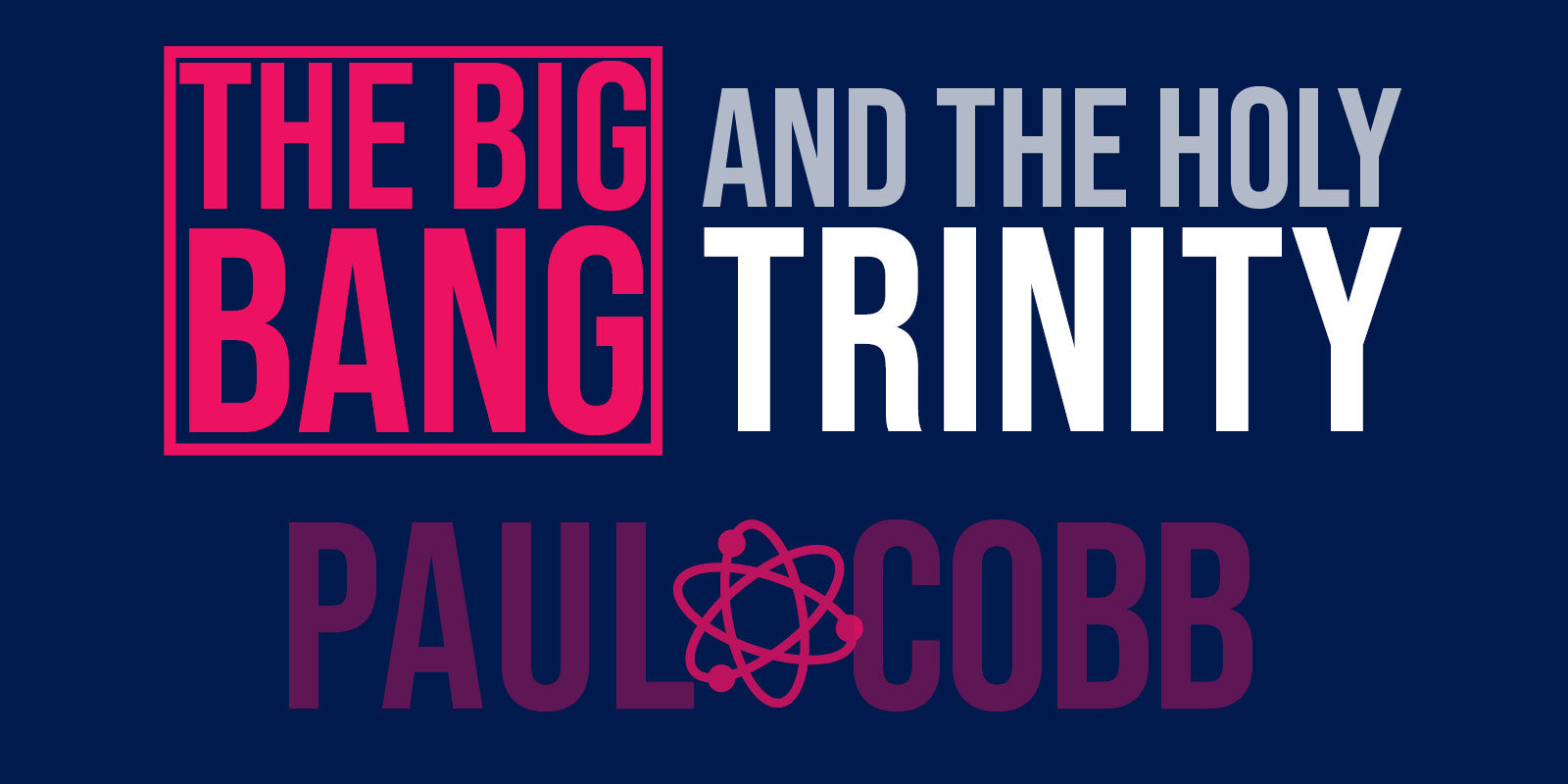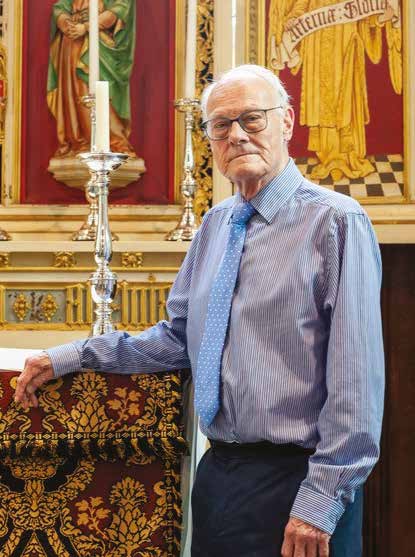GUEST BLOG: Marcus Paul reflects upon the spiritual impact of the First World War.

1917 also began with the United States severing diplomatic relations with Germany, an interesting parallel with the current coolness between the two administrations. That year ended with the horror of Passchendaele and the Battle of Cambrai in which our new hope and secret weapon, the tank, failed to keep the hard-won miles it had at first secured. No one knows where the weapon Brexit will take us in the end.
But it is worth reflecting on a side of the Great War which is seldom considered: the spiritual impact of the conflict. My grandfather, Professor Paul, was on the front line in this regard in being a Chaplain to the troops who had fought at Vimy Ridge that year and who were part of an army which suffered 5,000 casualties a day on average. In my book, The Evil That Men Do: Faith, Injustice and the Church, a chapter is given over to the consideration of the spiritual impact of the war on Britain as a nation.
Here is the start of that chapter. Studdert Kennedy captures the feel of so many of the soldiers in the opening quotation.
Yes, I used to believe i’ Jesus Christ,
And I used to go to Church,
But sin’ I left ’ome and came to France,
I’ve been clean knocked off my perch.G. A. Studdert Kennedy
In 1919, Hodder and Stoughton published a 241-page book called Up Against It, or Questions Asked by the Soldiers. The book was a compilation of lectures given to serving soldiers in France in the YMCA huts where, according to one review of the day, stuck on the flyleaf of my 1919 copy, “a considerable number were University men or highly educated . . . and a very considerable percentage had definitely rejected the dogmas and definitions of the Christian churches”. The men “gathered in large numbers to hear” the talks. There were two speakers or authors, one of whom was my grandfather, the Reverend Professor F. J. Paul, who had become a temporary chaplain to the Forces in France. The aim of the book was to address the intellectual and moral objections of the soldiers to Christianity—men who by the time the talks were given had the Somme and Passchendaele behind them; men who were part of an army that was experiencing on average the loss of 5,000 men every day.
The talks are instructive, but for our purposes, and for history, their titles are almost more so. “Is the World an Iceberg or a Ship?”, “Can God be Good When There is so Much Suffering in the World?”, “Has Christianity Broken Down?”, “Is the Bible a Back Number?” and “What is Wrong With the Churches?”. Such questions as these, posed by the troops, while in one sense being perennial, afford an immediate insight into what thinking men were asking themselves in moments of reflection among the onslaughts and horrors they both endured and perpetrated, actions described by the poet Wilfred Owen as “superhuman inhumanities, immemorial shames” [in his great poem Spring Offensive].
The fascination which World War One exercises over our generation is manifest in the stream of novels, films, documentaries and revisionist history books which it gives rise to. We are aware that, mercifully, there can be no exact repeat – but those questions raised by the soldiers keep being repeated today. We should be honouring those soldiers by finding answers to those questions, lest we forget.
Marcus Paul’s The Evil that Men Do: Faith, Injustice and the Church is available in our online shop.
